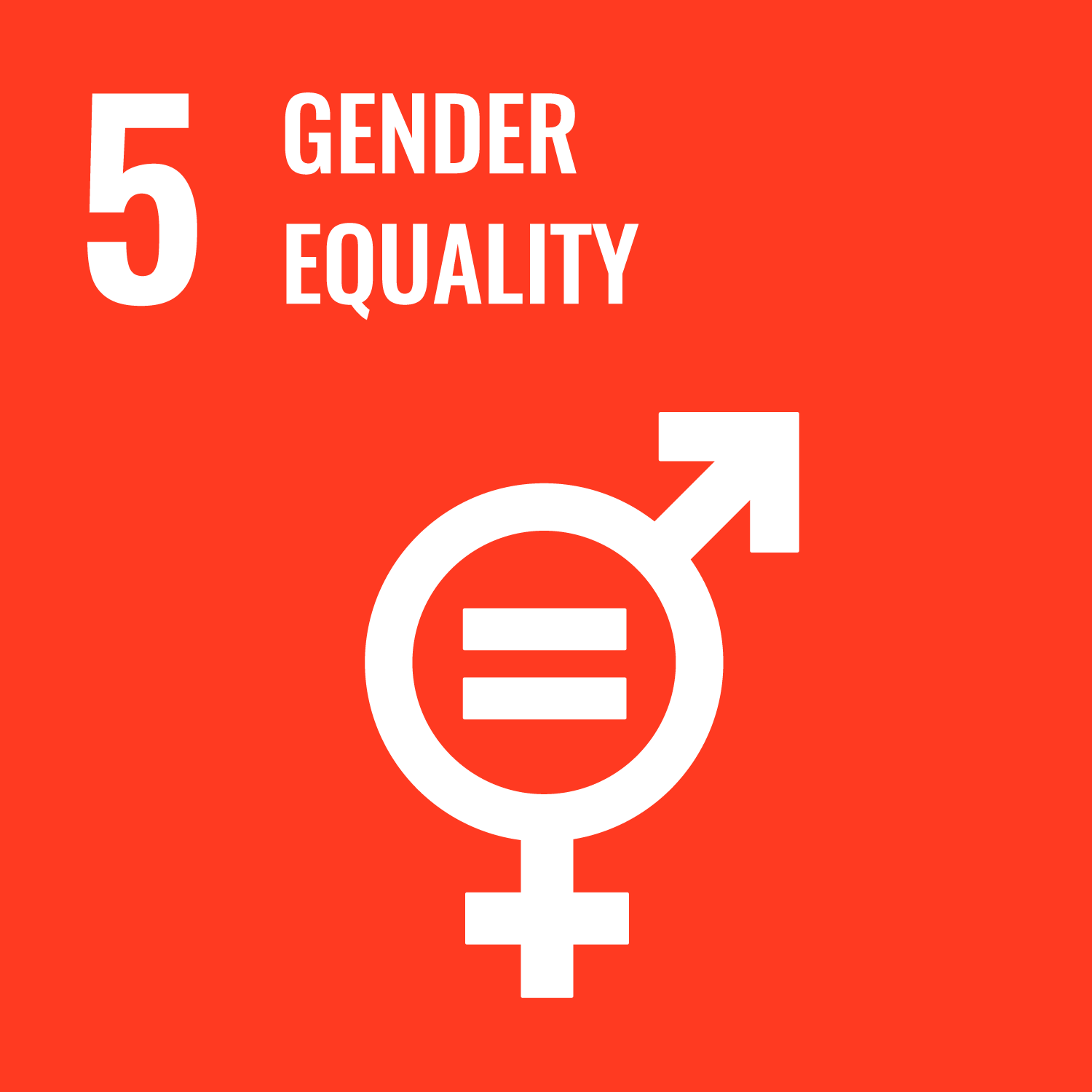Morando, G. orcid.org/0000-0001-8626-1508 (2021) Peer gender and STEM specialization. Applied Economics Letters, 28 (12). pp. 1041-1045. ISSN: 1350-4851
Abstract
This paper shows that students are less likely to specialize in mathematics when exposed to a high share of male peers. I exploit a curricular reform that incentivized students to obtain a mathematics qualification post-16. I show that, for those students affected by the reform, the higher the share of same-gender classmates, the higher the likelihood of obtaining a mathematics qualification for boys, and the lower the likelihood for girls. I interpret this as suggestive evidence that one’s perceived ability in mathematics, a boy-dominated subject, decreases when the share of male classmates increases. This further affects STEM participation in higher education.
Metadata
| Item Type: | Article |
|---|---|
| Authors/Creators: |
|
| Copyright, Publisher and Additional Information: | © 2020 Informa UK Limited, trading as Taylor & Francis Group. This is an author-produced version of a paper subsequently published in Applied Economics Letters. Uploaded in accordance with the publisher's self-archiving policy. |
| Keywords: | Female participation in STEM; peer effects; school curricular reform; degree choice |
| Dates: |
|
| Institution: | The University of Sheffield |
| Academic Units: | The University of Sheffield > Faculty of Social Sciences (Sheffield) > Department of Economics (Sheffield) |
| Date Deposited: | 05 Feb 2025 15:49 |
| Last Modified: | 22 Dec 2025 04:55 |
| Published Version: | https://doi.org/10.1080/13504851.2020.1796909 |
| Status: | Published |
| Publisher: | Taylor & Francis |
| Identification Number: | 10.1080/13504851.2020.1796909 |
| Sustainable Development Goals: | |
| Open Archives Initiative ID (OAI ID): | oai:eprints.whiterose.ac.uk:222921 |


 CORE (COnnecting REpositories)
CORE (COnnecting REpositories) CORE (COnnecting REpositories)
CORE (COnnecting REpositories)